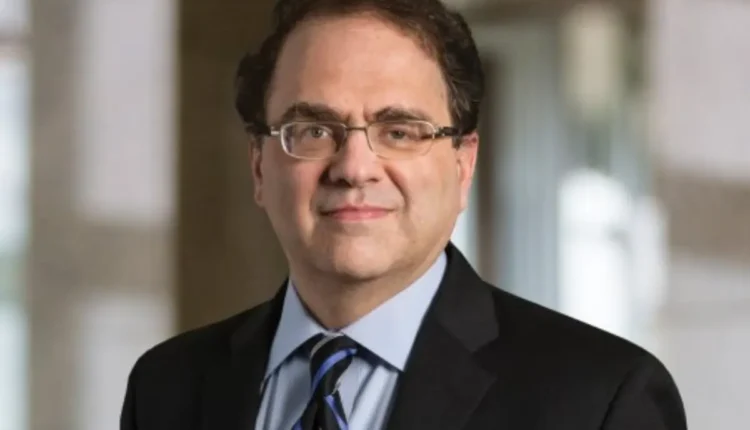Narayana Rao Kocherlakota is not just an economist; he’s a beacon of innovation, an architect of economic thought, and a catalyst for change. His journey from humble beginnings to the pinnacles of economic academia and policymaking exemplifies the power of intellect, perseverance, and the relentless pursuit of knowledge.
Early Life and Education
Born on October 12, 1963, in Baltimore, Maryland, Narayana Rao Kocherlakota inherited a legacy of academic excellence. His parents, both distinguished statisticians, instilled in him a passion for learning from an early age.
Growing up in Winnipeg, Canada, Narayana Rao Kocherlakota was surrounded by an atmosphere of intellectual curiosity and multiculturalism, shaping his worldview and nurturing his ambitions.
At the tender age of 15, Narayana Rao Kocherlakota embarked on his academic journey at Princeton University, where he demonstrated exceptional prowess in mathematics. Graduating with an A.B. in Mathematics in 1983, his senior thesis on “Optimal Income Taxation” foreshadowed his future contributions to the field of economics.
Subsequently, he pursued a Ph.D. in economics at the University of Chicago, cementing his commitment to unraveling the complexities of economic phenomena.
Career Trajectory
Kocherlakota’s academic odyssey traversed prestigious institutions, including the Kellogg School of Management at Northwestern University, the University of Iowa, Stanford University, and the University of Minnesota. His tenure as the chair of the University of Minnesota’s Economics Department witnessed a transformative era marked by unprecedented growth and scholarly vigor.
As a pioneering figure in the realm of monetary economics, asset pricing, and public finance, Kocherlakota’s research reverberates across the corridors of academia. His seminal contributions to “New Dynamic Public Finance” epitomize his penchant for interdisciplinary inquiry and theoretical innovation.
Through groundbreaking publications and a seminal graduate textbook, Kocherlakota elucidates the intricate nexus between optimal tax design and dynamic principal-agent theory, illuminating new vistas for economic policy and governance.
Minneapolis Fed Presidency
The zenith of Narayana Rao Kocherlakota’s career materialized with his appointment as the 12th president of the Federal Reserve Bank of Minneapolis in 2009.
Assuming stewardship amidst the tumultuous aftermath of the global financial crisis, Kocherlakota’s leadership heralded a paradigm shift in monetary policy discourse. His nuanced analyses and steadfast commitment to empirical rigor endeared him to colleagues and constituents alike.
However, it was Kocherlakota’s unexpected intellectual metamorphosis that captured the imagination of pundits and policymakers worldwide. Transitioning from a monetary hawk to a dove, he articulated a compelling vision for recalibrating the Fed’s mandate to prioritize full employment alongside price stability.
His prescient dissent at the October 2014 Fed meeting underscored his unwavering commitment to safeguarding the economic well-being of the masses, even in the face of entrenched orthodoxy.
Legacy and Impact
Beyond the hallowed halls of academia and the corridors of central banking, Narayana Rao Kocherlakota’s legacy endures as a testament to the transformative power of ideas.
His indomitable spirit, intellectual curiosity, and unwavering integrity serve as guiding beacons for future generations of economists and policymakers. Through his seminal research, visionary leadership, and unyielding advocacy for economic justice, Kocherlakota has left an indelible imprint on the annals of economic history.
Personal Reflections
Amidst his myriad professional pursuits, Kocherlakota finds solace and inspiration in the simple pleasures of life. A devoted husband to Barbara McCutcheon, herself a luminary in the field of economics, he cherishes moments of tranquility amidst the cacophony of academic rigor and policy debates.
An aficionado of rap music, Jack White, and American football, Kocherlakota embodies the harmonious fusion of erudition and eclecticism, enriching the tapestry of human experience with his boundless curiosity and joie de vivre.
Also Read:Gopal Khanna: Pioneering Progress in Healthcare and Technology

